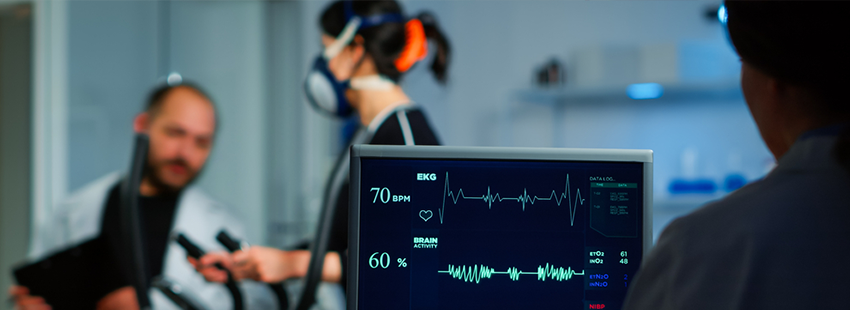Medical Physiology (MS And PhD)

Blood-Brain Barrier Studies Laboratory
Studies are conducted by Prof. Mehmet Kaya.
Prof. Kaya, who has been conducting research on the morphology, physiology, and pathology of barrier-type cerebral blood vessels in experimental animal models of diseases such as epilepsy, hypertensive encephalopathy, septic encephalopathy, and traumatic brain injury since 1985, has recently been working on barrier-type blood vessels in addition to his in vivo studies. It also examines the behavior of endothelial cells in vitro.
Molecular Hematophysiology Laboratory
Studies are conducted by Prof. Özlem Yalçın.
Prof. Özlem Yalçın completed her Ph.D. in “Medical Physiology” at Akdeniz University Health Sciences Institute in 2007, received the title of “Associate Professor” in 2014 and “Professor” in 2020. The main focus areas of Prof. Yalçın and her team are; application of deep learning techniques in hematological diagnosis, development of microfluidic-based tests that rapidly assess hemostatic function, fluid mechanics in the vasculature, mechanisms for local regulation of blood flow in tissues, and remote cell death of electrically excitable cancer cells by photo-active polymers.
Neurophysiology, EEG-ERP MakeLab Laboratories
Studies are conducted by Prof. Sacit Karamürsel and Asst. Prof. Ezgi Tuna Erdoğan.
Coordinators:
Prof. Özlem Yalçın
Prof. Sacit Karamürsel
Our main research topics are:
The main research interest in our laboratories is electroneurophysiology. We mainly conduct research on healthy volunteers or patients.
– Application of tDCS (transcranial Direct Current Stimulation) for the modulation of cerebral and cerebellar cortical networks for improving cognitive and sportive abilities, treatment, and rehabilitation of stroke and headache/migraine patients.
– Motor and sensory Cortical Mapping in order to protect important cortical areas before epilepsy surgery within the framework of our joint project with Koç University School of Medicine, Department of Neurology, and University of Houston Biomedical Department. For this purpose, we develop and use HFO (High-Frequency Oscillations) analysis as well as electrical stimulation, which is the gold standard for locating important motor and sensory areas and epileptic focus.
- CCEP (Cortico Cortical Evoked Potentials) recording and analysis are also in our area of interest. Inhibition of seizure activity by stimulation with tDCS or implanted cortical DCS electrodes is our secondary goal.
– We design new electrodes and develop new stimulation techniques to prevent seizure activity.
– We perform IONM (IntraOperative Neuro-Monitorization) in Critical Neurosurgery cases.
Program Fees
There exists a wide spectrum of financial aid and scholarship opportunities and packages for graduate students at the Graduate School of Health Sciences. These include “KU Graduate Scholarship” funded by Koç University (%25, %50, %75, %100), BİDEB scholarship funded by TÜBİTAK, Türkiye Scholarships, “Project-based Graduate Scholarship” co-funded by external sources such as TÜBİTAK, EU, industry through projects and Koç University. Nursing PhD program offers 100% scholarship (full exemption from tuition fees) for all candidates who meet the criteria.
- 25% discount is applied to Koç University graduates.
- In addition to the graduates discount or independently, students can be given scholarships at different percentages depending on their success.
- Students with scholarship are determined by the Science Committee of the Graduate School of Health Sciences.
- Students who study part-time in Medical Physiology Master’s with Thesis Program cannot receive a scholarship. Discounts can be applied with the decision of the Science Committee of the Graduate School of Health Sciences.






